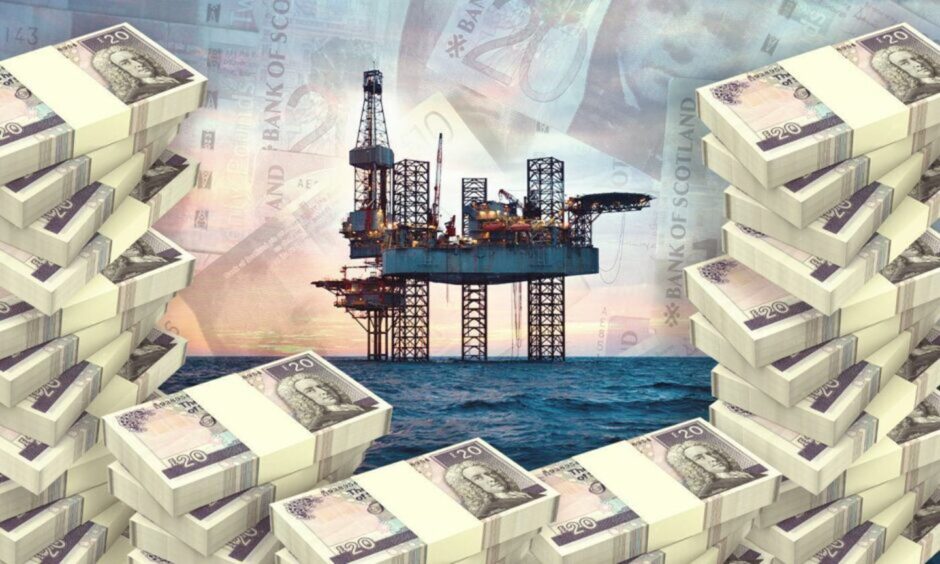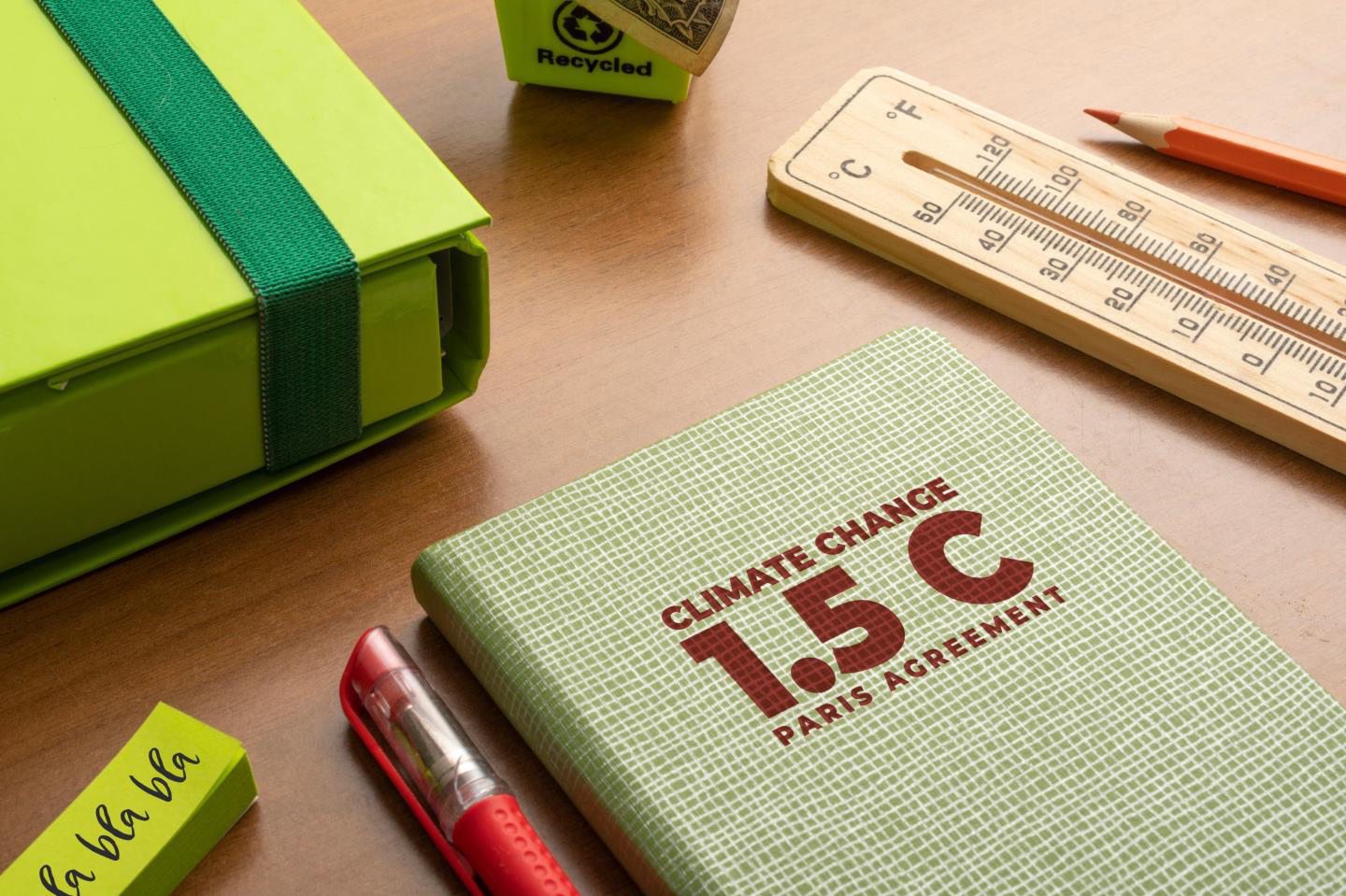
I think it’s not unreasonable to say that 2024 has been a landmark year.
That’s not a landmark year in a positive sense, but one that has almost certainly seen the beginning of the politically enforced and ideologically driven run down of the UK’s oil and gas industry.
I also consider it to be the year in which we saw the effective abandonment of the so-called “just transition”, both for those working in the energy sector and for consumers.
Progress in developing the indigenous manufacturing supply chain has been pretty much non-existent. In short, 2024 has been an economic and industrial catastrophe.
Too strong? I think not.
The Labour government’s decision to extend and increase the windfall tax on oil and gas producer’s profits has already led to two operators announcing their intention to pull out of the UK.
In addition, the decision to not allow any new exploration licences will also mean more jobs lost.
Add to that the possibility of the Rosebank and Jackdaw fields not going ahead if the judicial review brought jointly by the environment groups Greenpeace and Uplift finds that the government acted illegally in granting them licences without taking into account the environmental impact of actually burning hydrocarbons – described as scope 3 emissions – then the industry that effectively underpinned the UK economy for the past few decades is under serious threat.
As we’ve discussed so many times before in Energy Voice, the simple problem in killing off the oil and gas industry prematurely is that we don’t have the means to replace the huge number of jobs it supports with new ones whether in the energy sector or not, and absolutely nothing has happened in 2024 that comes even close to telling me that’s going to change in the near or distant future.
In fact, let me be more explicit, there is currently no “just transition” in sight that comes close to being capable of absorbing the multiple skills of the oil and gas workforce.
Projects such as building a wind farm may employ a thousand or so on a temporary basis but often only around a hundred or less long term.
That’s a major drop in employment opportunities and in tax revenues.
All that aside, in trying to conduct an overall review of 2024 and looking for some trends, two other things became obvious.
Firstly, the EU is roaring ahead of the UK and particularly Scotland in the manufacturing and rolling out of advanced energy technologies.
Secondly, the increase in the strength and frequency of destructive extreme weather events almost everywhere now tells me that the rollout of those technologies isn’t happening fast enough.
The recent hurricanes in the USA and the floods in Spain, Portugal and North Africa are testament to that.
Perhaps predictably, though some politicians still seem incapable of making the connection between climate change and the burning of hydrocarbons and could stall the development and application of new technologies.
The new American president-elect has seemingly promised to re-withdraw from the Paris Agreement on Climate Change, and possibly the United Nations Framework Convention on Climate Change as well.
To make sure this happens, he’s appointed as energy secretary a pioneer of the fracking industry and CEO of an energy services company who has previously said there is no climate crisis, nor an energy transition.
We kill off our oil and gas industry which will have a minute impact on global warming because of our size, but the USA increases their production and use which – due to their size – will have a big impact. Words fail!
Where I think we can be optimistic is in the development and application of new technologies, although not here.
A German company whose progress I follow keenly has recently completed a project called the FlexEH2ome, which has demonstrated the ability to produce and store 3,000 kWh of Hydrogen using solar energy.
This enables a house to be run completely off grid. Similar projects are underway in Spain, Italy and especially the Netherlands. Google “InnovaHub District”. It’s an eye-opener.
Running off grid could hit the demand for grid upgrades which may not be a bad thing given Hitachi, the world’s largest producer of transformers, warned that its industry is “overwhelmed” and unable to meet demand with a 3-4 years wait and prices rising by 40%.
It’s important then that other options are looked at. For example, the gas network in Northern Ireland – run by a company called Evolve – has around 250,000 consumers and they believe that they have the potential to decarbonise their entire network using 100% biomethane by 2030.
That’s a lot of people who won’t be forced into having a heat pump installed.
The world’s largest green hydrogen plant, which is under construction in Saudi Arabia, is on track to begin production in December 2026.
Germany is building a 9,040km long “core network” of hydrogen pipelines set to stretch across the country by 2032 with parts being operational as early as next year.
Germany is also joining the Danes and the Dutch in the development of hydrogen infrastructure including offshore production pipeline networks and storage.
Scandinavian airline SAS, Copenhagen Airport and Aalborg Airport have signed an agreement with renewables developer Copenhagen Infrastructure Partners to build a 2 billion Euro, sustainable aviation fuel plant in Denmark big enough to supply the entire demand for internal flights.
That’s what was once proposed for Grangemouth but it’s dropped off the radar since the UK general election. Don’t you just love politicians?
Ah well – A very happy Christmas and a prosperous New Year to everyone.
Recommended for you

 © Supplied by Uplift
© Supplied by Uplift © Shutterstock / Cristian Storto
© Shutterstock / Cristian Storto